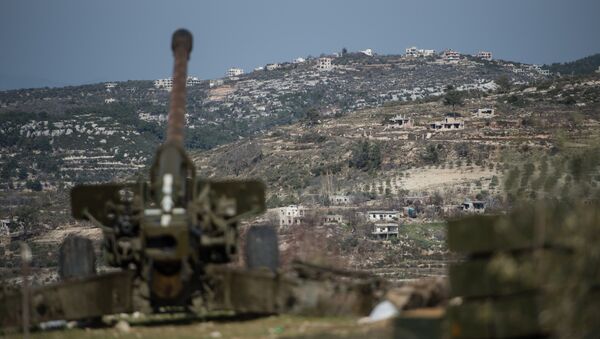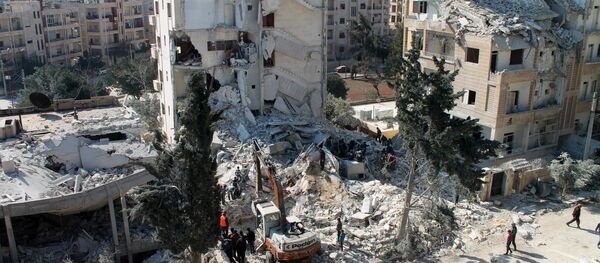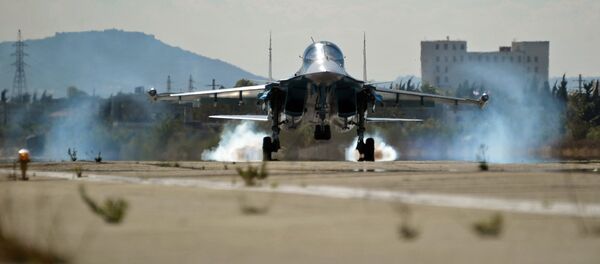"Apparently, the final agreement on this issue [situation in Idlib] was reached during a meeting in Ankara between Russian President Vladimir Putin and Turkish President Recep Tayyip Erdogan. We can now say that all military actions are being coordinated by these two parties," Oytun Orhan, an expert on the Middle East, told Sputnik Turkey.
He pointed out that bringing peace to Syria requires both military and political actions, and currently there are three countries, namely Russia, Turkey and Iran, that can resolve the Syrian crisis.
After his talks with Erdogan in Astana on September 28, Putin said that Moscow and Ankara had reaffirmed readiness to implement the final agreements reached in mid-September in Astana about four de-escalation zones, including the largest one in Idlib.
Meanwhile, earlier Russian Foreign Minister Sergei Lavrov said earlier this week that Russia is ready to support armed groups fighting the al-Nusra Front in the Idlib de-escalation zone.
Commenting on the possible Russia-Turkey coordination in Idlib, Orhan said, "Russian forces could deploy along the external perimeter of the de-escalation zone, with Russian aviation likely to bomb al-Nusra Front positions. At the same time, the Turkish military could launch an operation within Idlib. What is also possible is a joint operation between Turkish forces and the Free Syrian Army (FSA) against the terrorists."
"Regarding the fate of terrorists after the liberation of Idlib, there could be several scenarios – some groups may integrate into the Syrian military, some other groups may continue minor activities in certain areas or lay down their arms in exchange for some political concessions," Orhan said.
According to Turkish journalist Hüsnü Mahalli, the terrorist stronghold in Idlib is the last major obstacle to resolving the Syrian crisis.
"The situation in Deir ez-Zor will be resolved within two or three weeks. There will be only Raqqa left. Currently, the southern part of Raqqa is controlled by the Syrian Army while its north part is controlled by Kurdish forces. [After the liberation of Idlib] Syrian forces will control almost 99 percent of the territory. In fact, the resolution of the Idlib situation would mean the untangling of the Syrian knot," Mahalli said.



